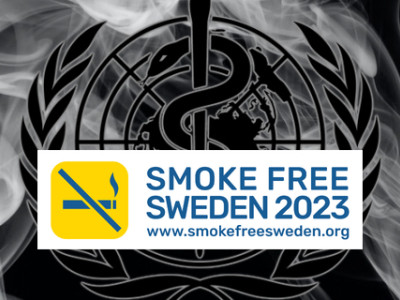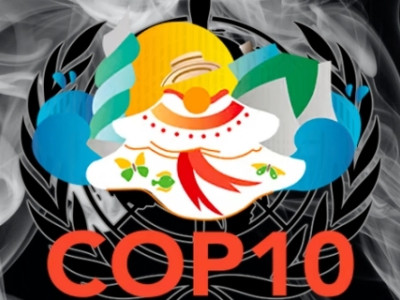“This is a chance to have your say on an important issue,” Gerry Stimson says. “Responses are invited via a questionnaire https://www.ohchr.org/en/calls-for-input/2023/drug-policies-and-responses-right-health-framework-harm-reduction which is available in English, Spanish and French. There are eight broad questions and responses to each question are limited to 500 words. Not all the questions have to be answered.”
Professor Stimson explains that the Special Rapporteur has a significant role to play within the UN human rights system and has an independent roving remit to identify human rights issues. The role is to speak up for people affected by human rights abuses and to push forward on human rights issues within the UN.
He continues: “Previous special rapporteurs helped to establish that drugs harm reduction is justified under the Article 12 of the International Covenant on Economic, Social and Cultural Rights. From the early 2000s, human rights organisations, including Human Rights Watch and Harm Reduction International), campaigned to establish that harm reduction was a fundamental aspect of the right to health. They worked with the UN Special Rapporteurs on the Right to Health. In 2008, the then Special Rapporteur, Paul Hunt, set out the principles of Human Rights, Health and Harm Reduction. His successor, Anand Grover, set out the principles for a health-based approach to drug control in a report to the UN General Assembly in August 2010.”
Tlaleng Mofokeng, the current Special Rapporteur, “has a background in universal health access, equality, sexual health, and HIV/AIDS. There are obvious reads across to tobacco harm reduction. However, she is probably unaware of the human rights issues regarding THR and access to safer nicotine products. But there many similarities with drugs, HIV/AIDS, and sexual health harm reduction where it is crucial that people are equipped and enabled to protect themselves.”
Article 12 of the International Covenant on Economic, Social and Cultural Rights enshrines the right of everyone to “the enjoyment of the highest attainable standard of physical and mental health”.
The Covenant says that States Parties must take steps regarding “the prevention, treatment and control of epidemic, endemic, occupational and other diseases”.
Article 15 paragraph 1(b) of the Covenant also states that everyone has the right “to enjoy the benefits of scientific progress”. The pursuit of the highest standard of health and protecting public health also includes enabling people to protect themselves.
Professor Stimson says: “For people who like nicotine, this would include the freedom to choose safer alternatives to combustible cigarettes or risky oral tobacco products. Our Briefing Paper on the Right to Health and the Right to Tobacco Harm Reduction is available in 13 languages.
“It would be good if consumer groups and individual consumers could respond to the questionnaire. As I've indicated, smoking is not explicitly part of this, so it is a matter of making the case that tobacco harm reduction is underpinned by the right to health. Your answers to the questions do not need to be technical. You might make the case that your lives have been changed by having access to safer nicotine products. Personal testimony is important.”
If you want to respond, the questionnaire is available here. The deadline is 15 November 2023 18:00 CEST. The complete form should be returned to [email protected] with the email subject line “Contribution to HRC report – SR right to health”.
Photo Credit:
Photo by Chiara Summer on Unsplash
Dave Cross
Journalist at POTVDave is a freelance writer; with articles on music, motorbikes, football, pop-science, vaping and tobacco harm reduction in Sounds, Melody Maker, UBG, AWoL, Bike, When Saturday Comes, Vape News Magazine, and syndicated across the Johnston Press group. He was published in an anthology of “Greatest Football Writing”, but still believes this was a mistake. Dave contributes sketches to comedy shows and used to co-host a radio sketch show. He’s worked with numerous vape companies to develop content for their websites.
Join the discussion
Harm Reduction For The Rich
The United Kingdom risks becoming a harm reduction country only for the wealthy, according to Michael Landl of the World Vapers’ Alliance
CAPHRA Highlights Tobacco Control Flaws
The Coalition of Asia Pacific Tobacco Harm Reduction Advocates highlights the flaws in tobacco control which has led to the rise of black market in Australia
A Missed Opportunity at COP10
The Smoke Free Sweden movement says that COP10 was a missed opportunity to save millions of lives
COP10: Promote Tobacco Harm Reduction
Experts with Smoke Free Sweden are emphasising the urgent need for a Tobacco Harm Reduction approach at COP10












